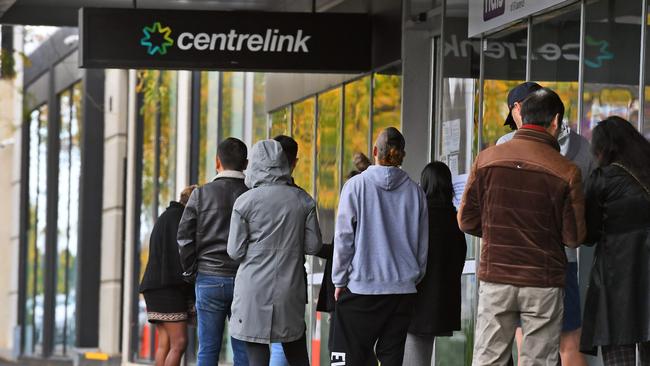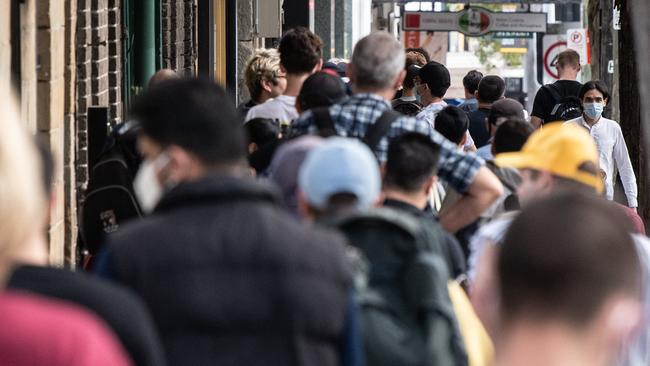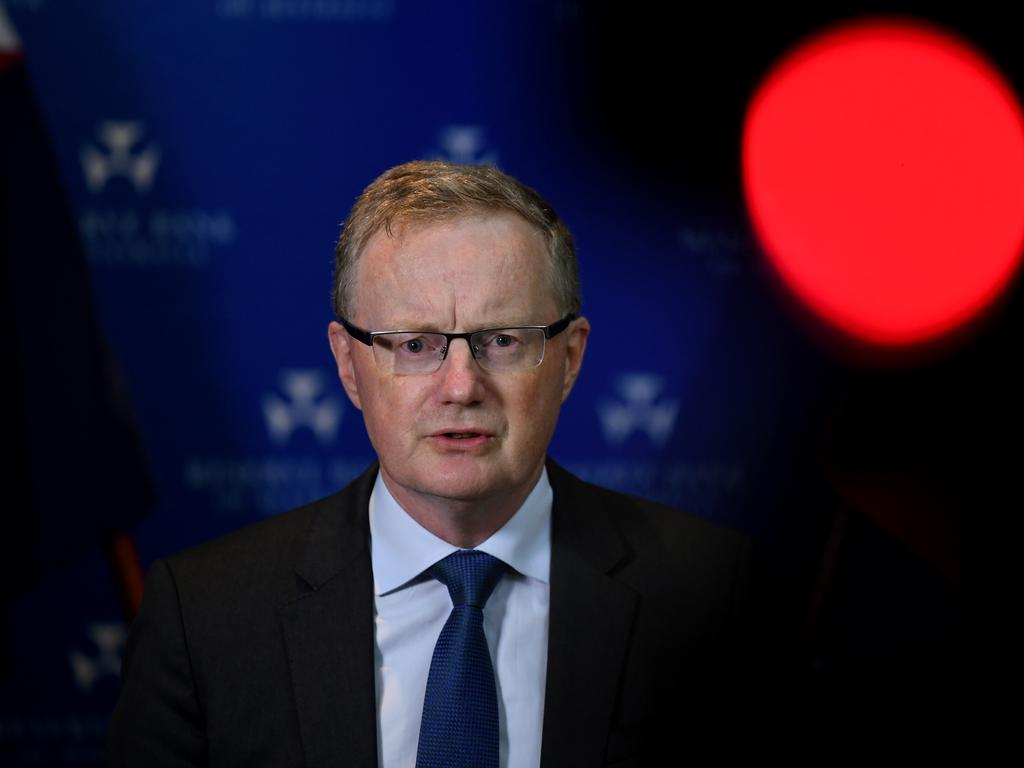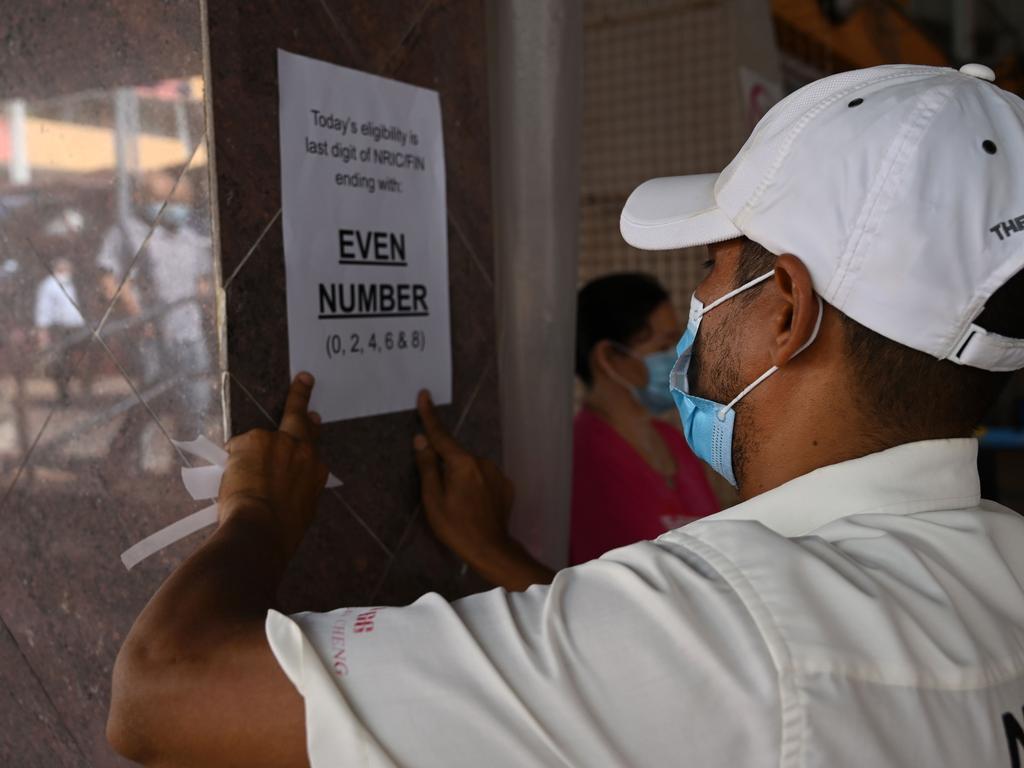
Most have little concept of the suffering and fear that is spreading through vast areas of the community where income has either evaporated or is in grave danger of being greatly reduced, particularly when JobKeeper ends.
Important studies by the Commonwealth Bank and Morgan Research plus other groups reveal a disturbing picture of what is really happening to so many ordinary Australians.
And National Australia Bank studied what was happening to its customers and reached similar conclusions so decided that it needed to make big provisions for loss.
The quick economic snap back forecast by Prime Minster Scott Morrison and Reserve Bank Governor Philip Lowe is now a long shot.
The studies cover different ground but show that ordinary Australians are going through a crisis they never dreamed possible. And people in higher income areas do not escape and in some cities spending reductions in higher income areas are more severe than in lower income areas.
And if the China ”recovery” is any guide, they will not bounce back when restrictions are lifted, as share markets presume.
In addition, many Australians are getting a sniff that the cutback to migration may trigger a suspension of the big Melbourne and Sydney population growth assumptions that underpin current property values and high mortgages.
And in other areas, suddenly lower income for ordinary Australian landlords is combining with tenants not paying rent, to make life for many negatively-geared Australians a nightmare.
Properties where tenants are not paying rent are almost unsaleable.
Full recovery will depend on a COVID-19 cure or, better still, a vaccine. A vaccine will take a year but there are many promising cures being researched from existing and tested medicines.
Meanwhile, if sufficient Australians take up the COVIDSafe app it will allow restrictions to be lifted earlier. I took it up last night and recommend all my readers do so to curb the crisis impact we can now map out.

CBA believes there will be a very large number of people—around one million -- receiving JobKeeper who will not be turning up to work over the next few months because their employer is shut. These people will receive JobKeeper but will not be producing any output, so the hours worked by the Australian population will fall.
These one million people will feel unemployed because they are not working, and they fear there may be no job for them after September 30, when JobKeeper ceases. And, in a bizarre twist, some are refusing to perform different work to pre-crisis times for the enterprises that enabled them to get JobKeeper.
And this underlines the fact that while they will be classified as employed by the Australian Bureau of Statistics they are not really employed because the government is paying their salary.
Similarly, CBA calculates that at least 250,000 people have lost their jobs and will receive the JobSeeker payment, but will not be considered unemployed by the ABS because they have not actively looked for work.
As Alan Kohler explained in The Weekend Australian the ABS unemployment figures in the current circumstances are next to useless. and will greatly underestimate unemployment and other challenges facing the nation.
Morgan takes us deeper into what is happening in our communities.
Morgan CEO Michele Levine says a staggering 10.5 million Australian workers have had their employment situation changed by the impact of the coronavirus crisis. They include 3.8 million with work hours reduced; 2.7 million stood down, of which 2.4 million have not had any work offered; 1.4 million have had their pay reduced for the same number of work hours and 670,000 have been made redundant.
A large amount of this carnage is in the previously safe service sectors like real estate, tourism, airlines/airports, restaurant-hotels-cafes etc.
Morgan has discovered that if you work in a large organisation, you have a better chance of escaping the blows and becoming part the income elite.
In organisations employing more than 1000 employees, some 46 per cent have not had their employment impacted in some way by the crisis.
By contrast. three-quarters of sole traders have been impacted, as have many smaller enterprises.
Industries which have felt the least impact from the crisis include agriculture, wholesale trade, transport and storage, construction and electricity and gas. Then come public servant-dominated water, public administration and defence.
So far, few primary and secondary school teachers have been stood down but the sharply reducing numbers of foreign students is causing a crisis in universities. So far most of those stood down have been casuals and lesser paid staff. But in 2021 the full extent of the crisis will be known, and many universities will not be able to maintain their current staff levels.
And the lower number of overseas students will ravage the demand for the small student apartments that dominate Sydney and Melbourne.
There is a clear danger that the outspoken criticism of China by Australian government politicians will see China greatly curb the number of students coming here and ravage this important export sector. If the situation gets worse then the empty apartments may turn places like inner-city Melbourne from vibrant communities to danger areas at night.
The Morrison government has handled most areas of the crisis well, but they have not understood the threats to this vital export industry.








Those Australians who are continuing to earn their regular salaries or maintain income during the COVID-19 shutdowns have become the community elite.